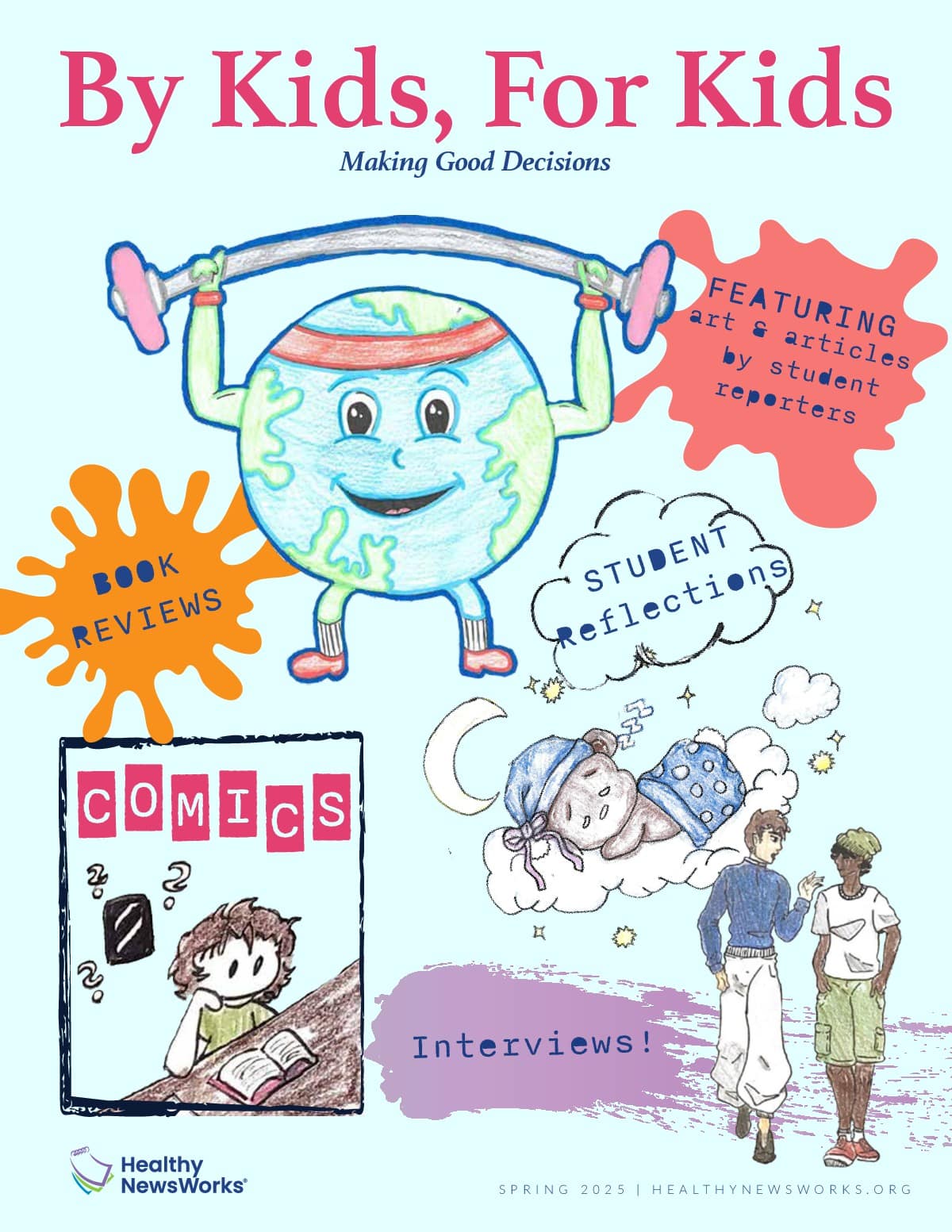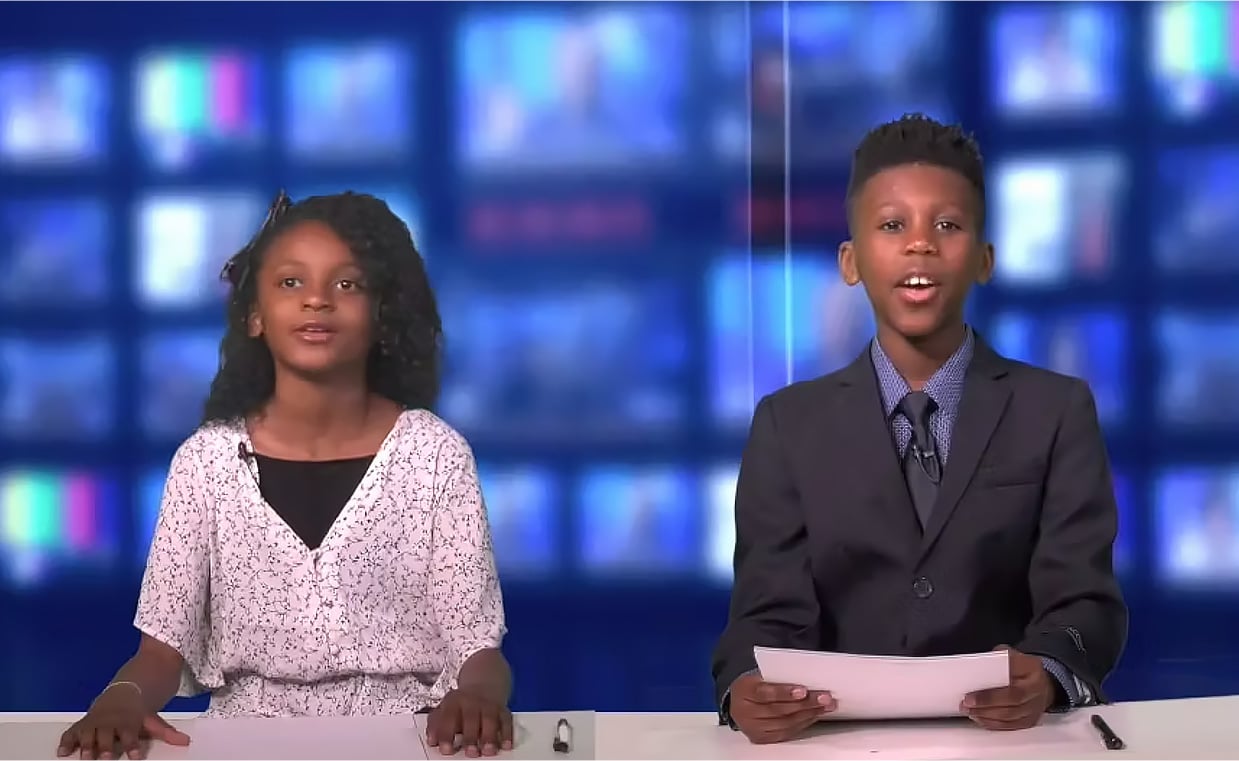
By DePaul Healthy Trailblazer Journal 8A staff | Icebergs are melting. Forests are burning. Sea levels are rising.
These are the worrisome signs that the Earth’s climate is changing.
Rachel Valletta, an environmental scientist who previously worked at The Franklin Institute, a science museum in Philadelphia, said kids can do something to make a positive difference. And it is simple: Talk about climate change.
“How is anybody going to know that you care about climate change—and care about doing something about it—if you don’t talk about it?” she asked.
For starters, you can explain to people what it is and what causes it. Climate change means that average temperatures are rising around the world and the patterns of precipitation, like rainfall, are shifting, Dr. Valletta said. Some places are getting drier and some places are getting wetter.
In Philadelphia, for instance, temperatures are increasing and “we’re having more rain in a shorter period of time,” she said.
These changes can affect people’s health: Hotter temperatures can be stressful for the heart and make it harder to breathe. More warm days mean longer growing seasons for plants. The pollen they release can worsen allergies and asthma for people who suffer from those conditions, Dr. Valletta says.
The Earth’s climate has changed in the past “due to natural factors,” she said. But the forces changing it today come overwhelmingly from people. A lot of carbon dioxide and other gases are being released into the atmosphere from cars, factories, and other man-made sources, she said. These gases make the Earth’s atmosphere warmer.
The warmer temperatures will affect people’s lives in many ways, Dr. Valletta said. Some crops that are used to cooler climates won’t grow well in the heat. They “might not be able to flourish or produce as much food as they could under cooler conditions,” she said. That means “in the Northeast we are going to need to change, to adapt to warmer temperatures, heavier rainfall, and maybe even change the types of crops we use,” she said.
Thinking about the changing environment can make people anxious, Dr. Valletta said. “So the most important thing you need to remember is that every single action matters.”
She shared three ways to address the problem:
- Talk about climate change openly and explain your concerns. Get others to care about it.
- Describe how climate change affects you personally. For instance, you might tell someone how it’s hot in your classroom for more of the school year.
- Talk with others about what you can do together to help stop climate change.
There’s something else you can do: Encourage people to vote.
“You don’t have to be of voting age to have an impact,” she said. “There’s a lot of youth energy around driving out the vote in support of climate-friendly policies.”
Illustration by Jasmine, 8th grade, DePaul Catholic School.







